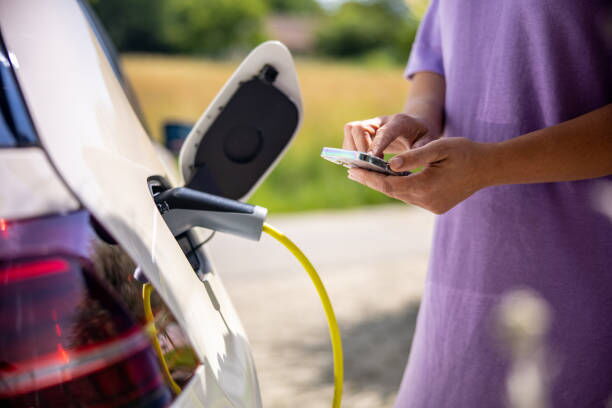How Long Does It Take to Charge an Electric Car?
On this page
As electric vehicles (EVs) continue to gain popularity, one of the most common questions among potential EV drivers is: How long does it take to charge an electric car? Charging times can vary significantly based on several factors, including the type of charger, the vehicle's battery size, and environmental conditions. This article breaks down the key elements that influence EV charging speeds and what you can expect when charging your electric car.
Charging Speed: Adds approximately 15 miles of range per hour.
Usage: Ideal for overnight home charging. 7kW Charger: Adds up to 30 miles of range per hour.
22kW Charger: Adds up to 90 miles of range per hour.
Usage: Common at public charging stations and suitable for home use with the appropriate setup. 43-50kW Charger: Adds about 90 miles of range in 30 minutes.
150kW Charger: Adds up to 200 miles of range in 30 minutes. (Note: Only certain vehicles, such as Tesla models, can use these ultra-rapid chargers.)
Usage: Found at highway service stations and ideal for long-distance travel. The distance an EV can travel on a full charge depends on its battery capacity and efficiency. Modern EVs typically offer ranges between 150 and 400 miles per charge, with high-end models exceeding these figures. However, factors such as driving style, terrain, and weather conditions can impact real-world range. Choosing the right charging option depends on your driving habits and charging needs:

Charging Speed: Adds approximately 15 miles of range per hour.
Usage: Ideal for overnight home charging. 7kW Charger: Adds up to 30 miles of range per hour.
22kW Charger: Adds up to 90 miles of range per hour.
Usage: Common at public charging stations and suitable for home use with the appropriate setup. 43-50kW Charger: Adds about 90 miles of range in 30 minutes.
150kW Charger: Adds up to 200 miles of range in 30 minutes. (Note: Only certain vehicles, such as Tesla models, can use these ultra-rapid chargers.)
Usage: Found at highway service stations and ideal for long-distance travel. The distance an EV can travel on a full charge depends on its battery capacity and efficiency. Modern EVs typically offer ranges between 150 and 400 miles per charge, with high-end models exceeding these figures. However, factors such as driving style, terrain, and weather conditions can impact real-world range. Choosing the right charging option depends on your driving habits and charging needs:
A slow or fast charger at home is usually sufficient for overnight charging.
Rapid chargers at public stations are ideal for quick top-ups during long journeys.
Ultra-rapid chargers, like 150kW stations, provide the fastest charging times, significantly reducing wait times on the road.
Charging an electric car at a station can take anywhere from 30 minutes to several hours, depending on your vehicle, the type of charger, and other influencing factors. Understanding these variables helps you make informed decisions and ensures a smoother EV experience. As charging technology continues to advance, faster charging times and improved efficiencies will make EV ownership even more convenient and accessible.
